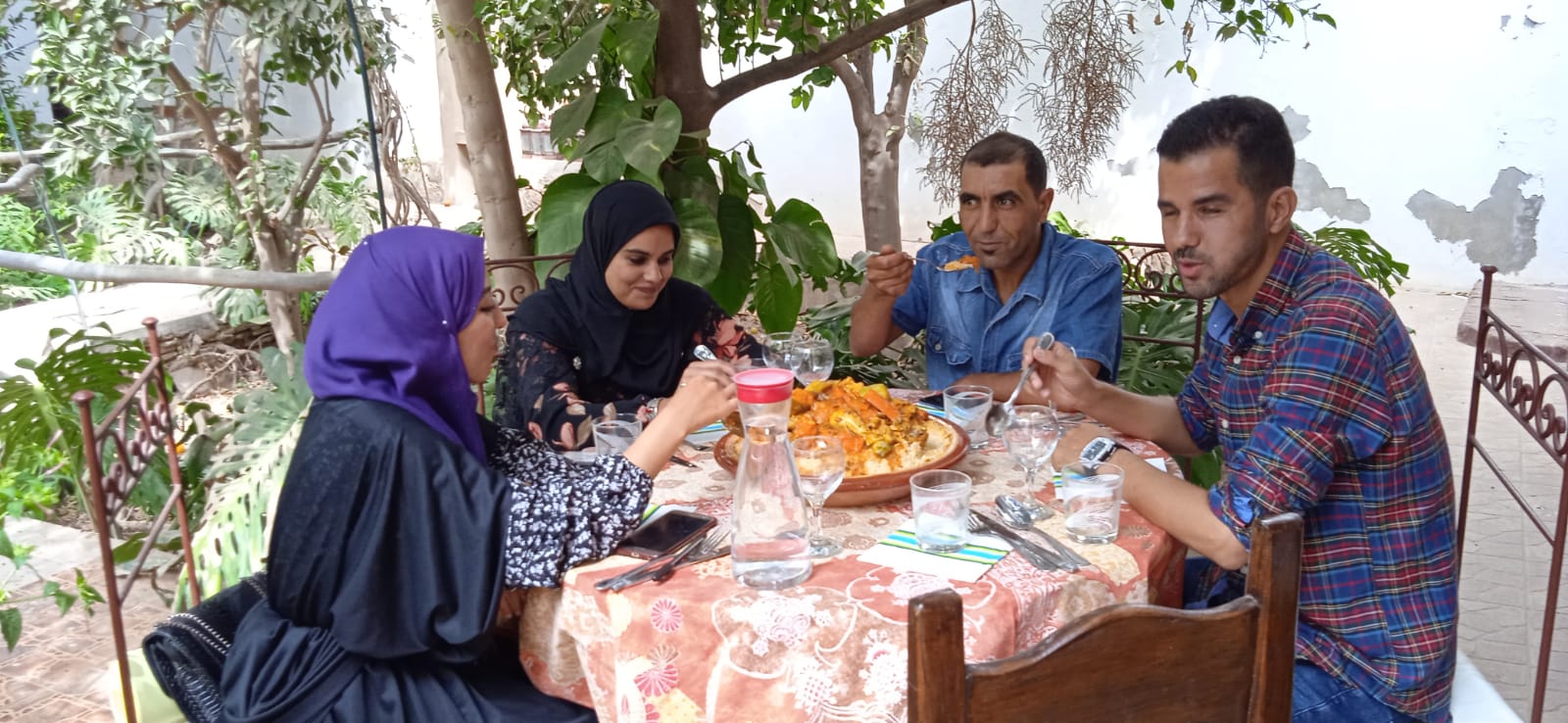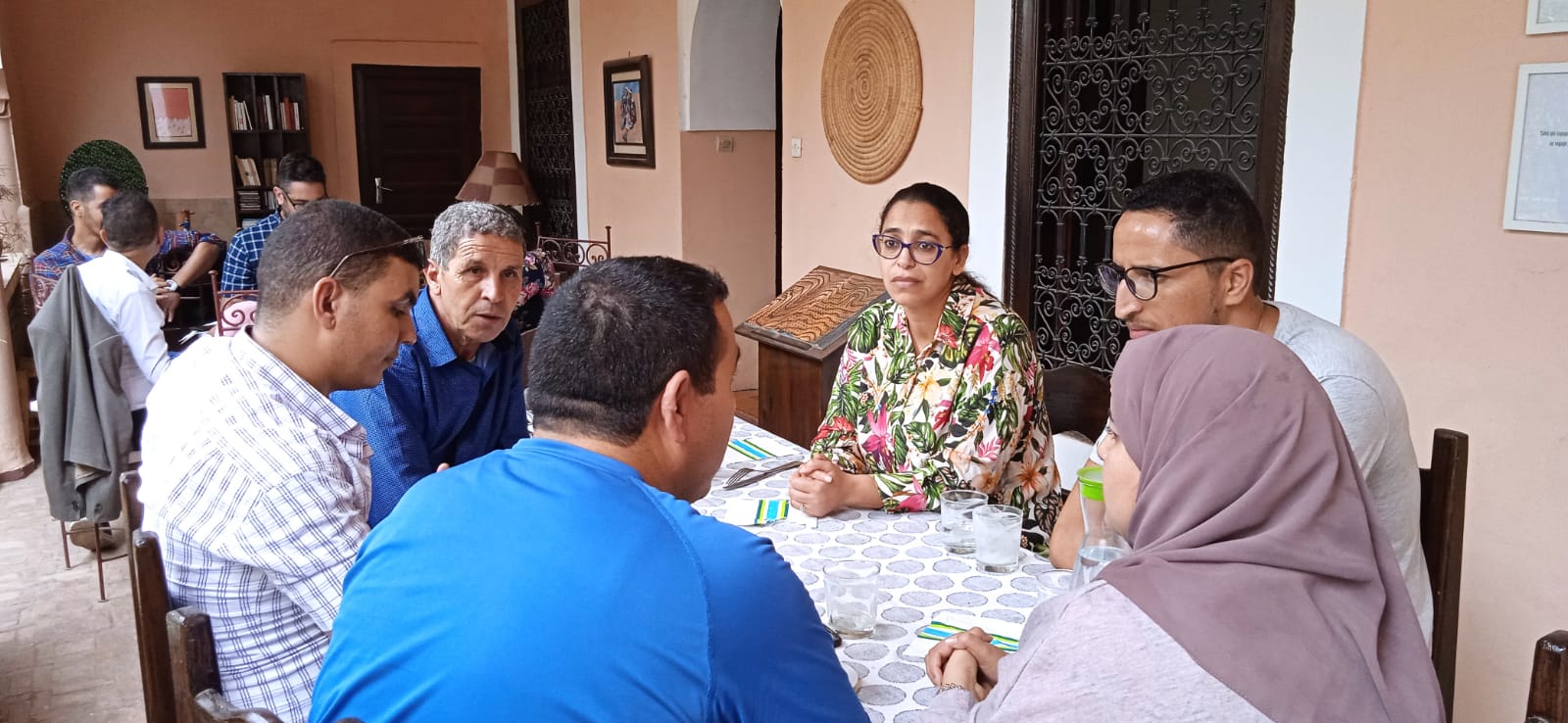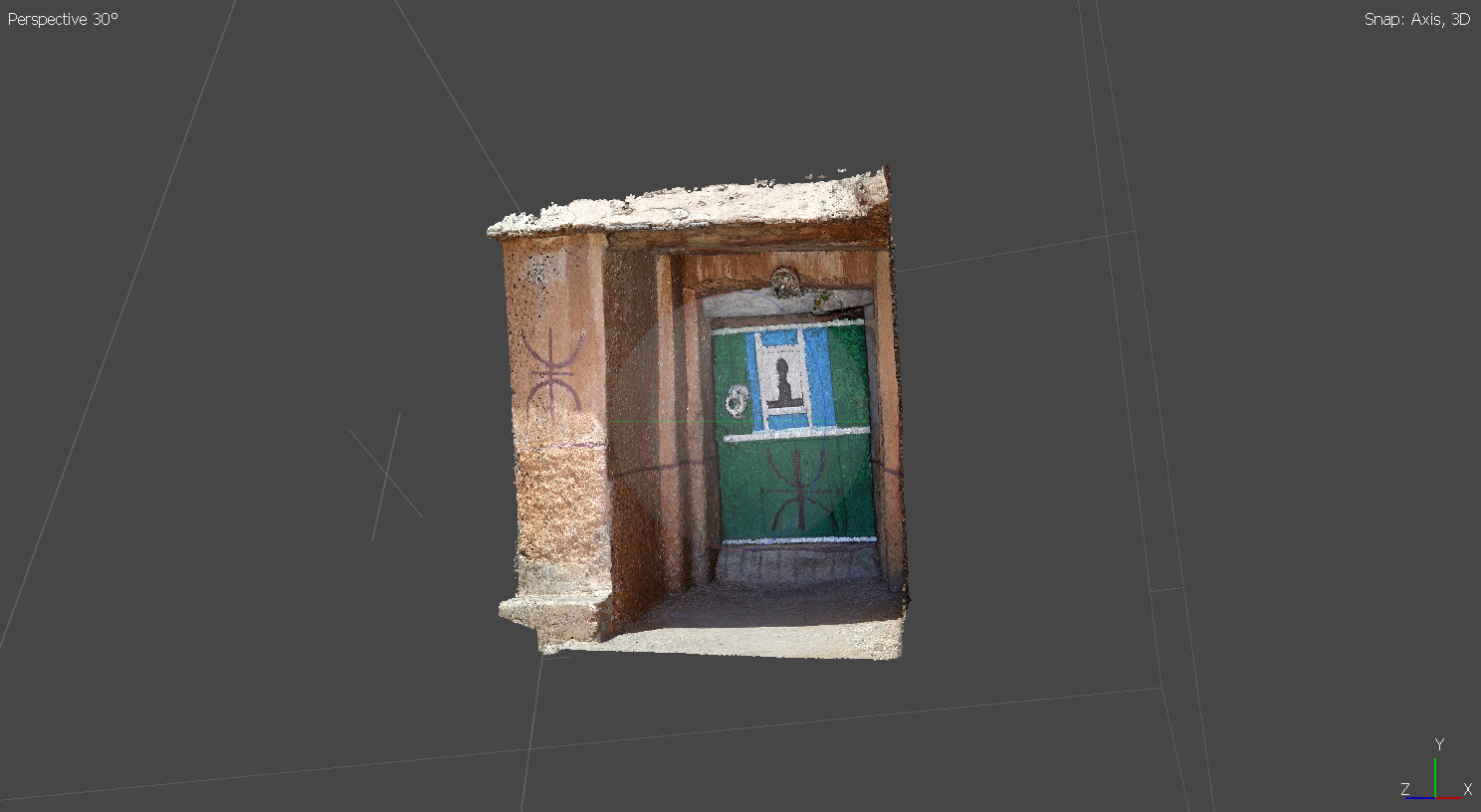
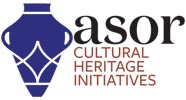
UPDATE: DOCUMENTATION EFFORTS TO SAFEGUARD MINORITY CULTURAL HERITAGE IN MOROCCO
By Jared Koller
Thanks to generous funding from an anonymous donor, and in partnership with Moroccan and Tunisian colleagues, ASOR recently launched an initiative to promote religious and ethnic freedom in Tunisia and Morocco through heritage site documentation, protection, and advocacy. This article presents an overview of our work in Morocco. In the coming weeks, future articles will highlight ASOR’s efforts in more detail throughout the region. This initiative has three primary goals:
(1) Train members of religious and ethnic minority communities in heritage documentation, outreach, and support them as they implement heritage documentation and outreach activities to increase the protection of religious and ethnic cultural heritage.
(2) Foster community/government relationships on a local, national, and regional level using the tangible results from the training and documentation in Morocco and Tunisia. We hope that these interactions will facilitate better alignment of government and community goals for heritage protection.
(3) Facilitate interfaith cooperation and communal dialogue for the protection of heritage important to religious and ethnic communities.
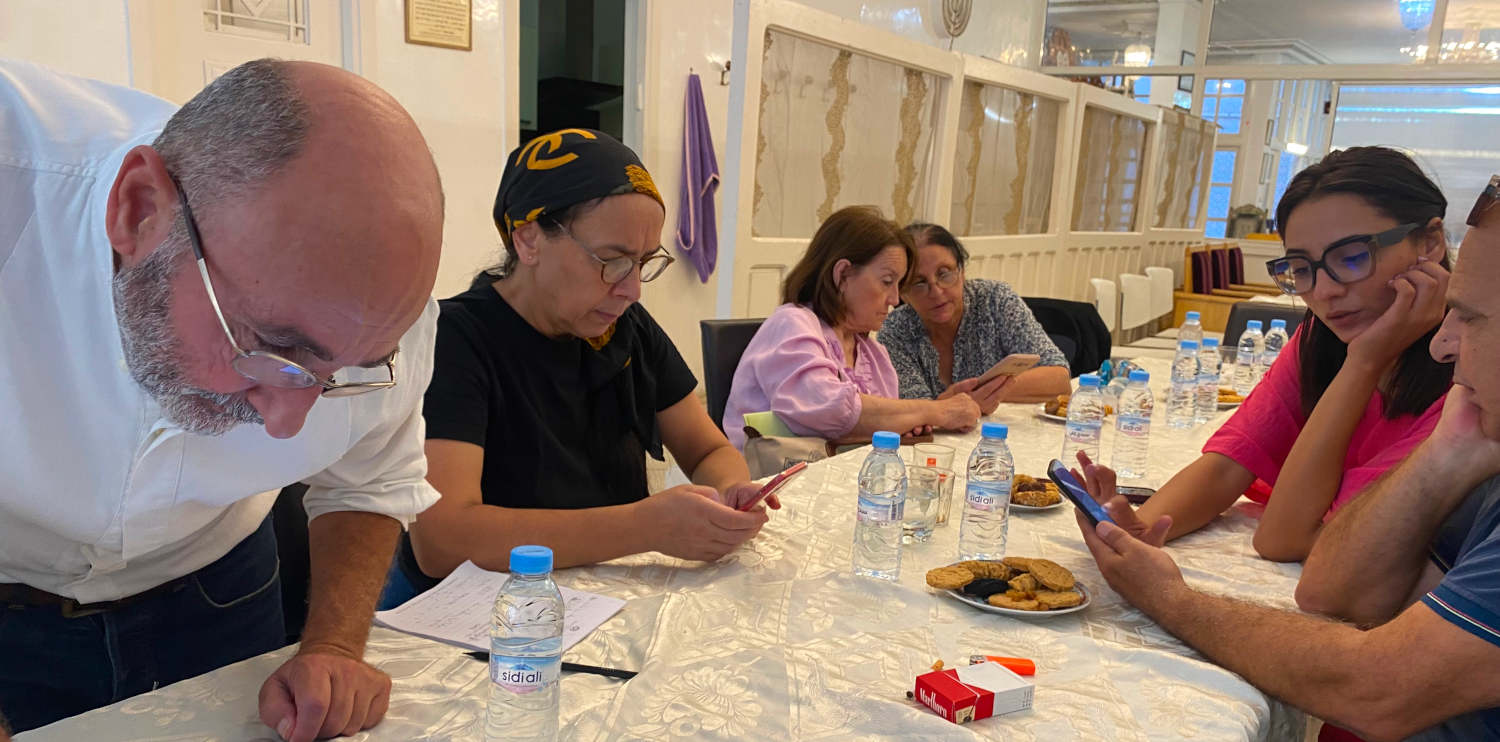
Members of the Jewish community in Casablanca, Morocco developing a heritage survey form using KoboCollect
Beginning in early 2022, ASOR began working with partners in Morocco and Tunisia to train members of religious and ethnic minority communities about relevant tools used in heritage survey activities. Throughout 2022, ASOR and its partners developed a series of tutorials and training modules aimed to help cultural heritage specialists perform surveys and condition assessments through open-source tools and software, including QGIS, KoboToolbox, LibreCAD, and RealityCapture. These modules provide step-by-step tutorials on how to download, install, and effectively use applications and software during data collection, analysis, and output.
Through collaborations with colleagues at the High Atlas Foundation (HAF) (Morocco), Manouba University (Tunisia), and Carthagina (Tunisia), this initiative has resulted in the documentation of over 300 heritage locations, from which 5-10 are currently in the process of more detailed research. By working together as scholars, heritage specialists, and knowledgeable citizens from numerous locations around the world, this project aims to elicit new connections among stakeholders in northern Africa.
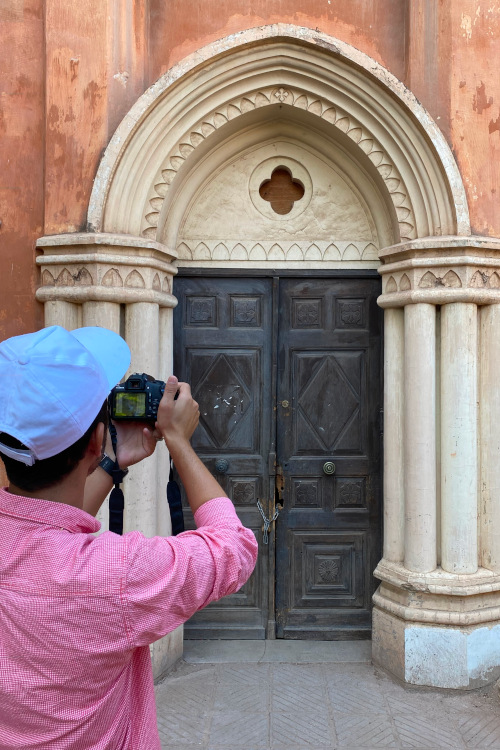
Dr. Abdelkarim Ouguinaz, High Atlas Foundation (HAF), photographing the exterior of a synagogue in Marrakech for photogrammetry.
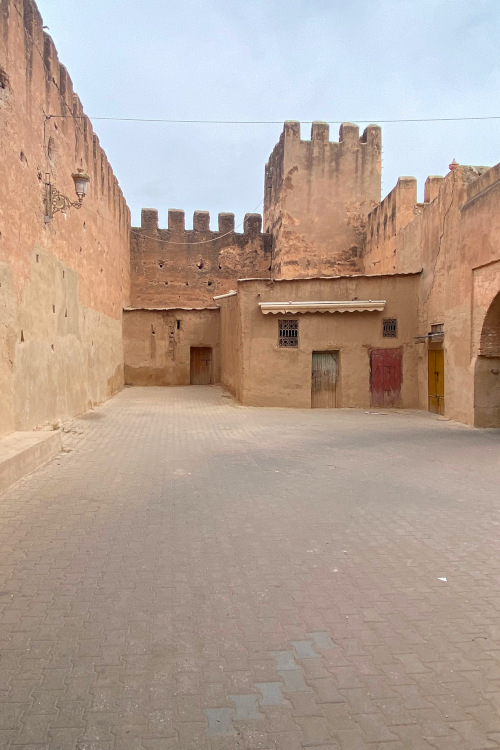
Inside the Medina of Taroudant, southern Morocco.
One means of encouraging new personal and cultural connections has been the training and documentation program. Due to ongoing difficulties in international travel due to the Covid pandemic, the first few months of meetings between partners in 2022 occurred via Zoom. These weekly calls were productive in forming close relationships among all involved, however we all felt that in-person interactions would produce much more fruitful results.
Photogrammetry is the use of two dimensional (2D) images to provide measurement data, often as point clouds or 3D models. Project partners learn how create 3D models using photogrammetry for heritage preservation. Above is a point cloud model produced by Jamal Maghiouzi (HAF) of a door in Ait Makhlouf, a town near Taroudant.
In September 2022, an opportunity arose for one such in-person encounter when ASOR’s Jared Koller met with partners in Morocco for detailed documentation of primarily Jewish, Christian, and Amazigh tangible and intangible heritage, including at prominent locations in Casablanca and Marrakech.
One highlight of this visit was the 2-day workshop and documentation event in Taroudant. Located in southern Morocco on the road to the Sahara, Taroudant is known for its local crafts and its preservation of the original Medina surrounded by walls that date to at least the 16th century CE.
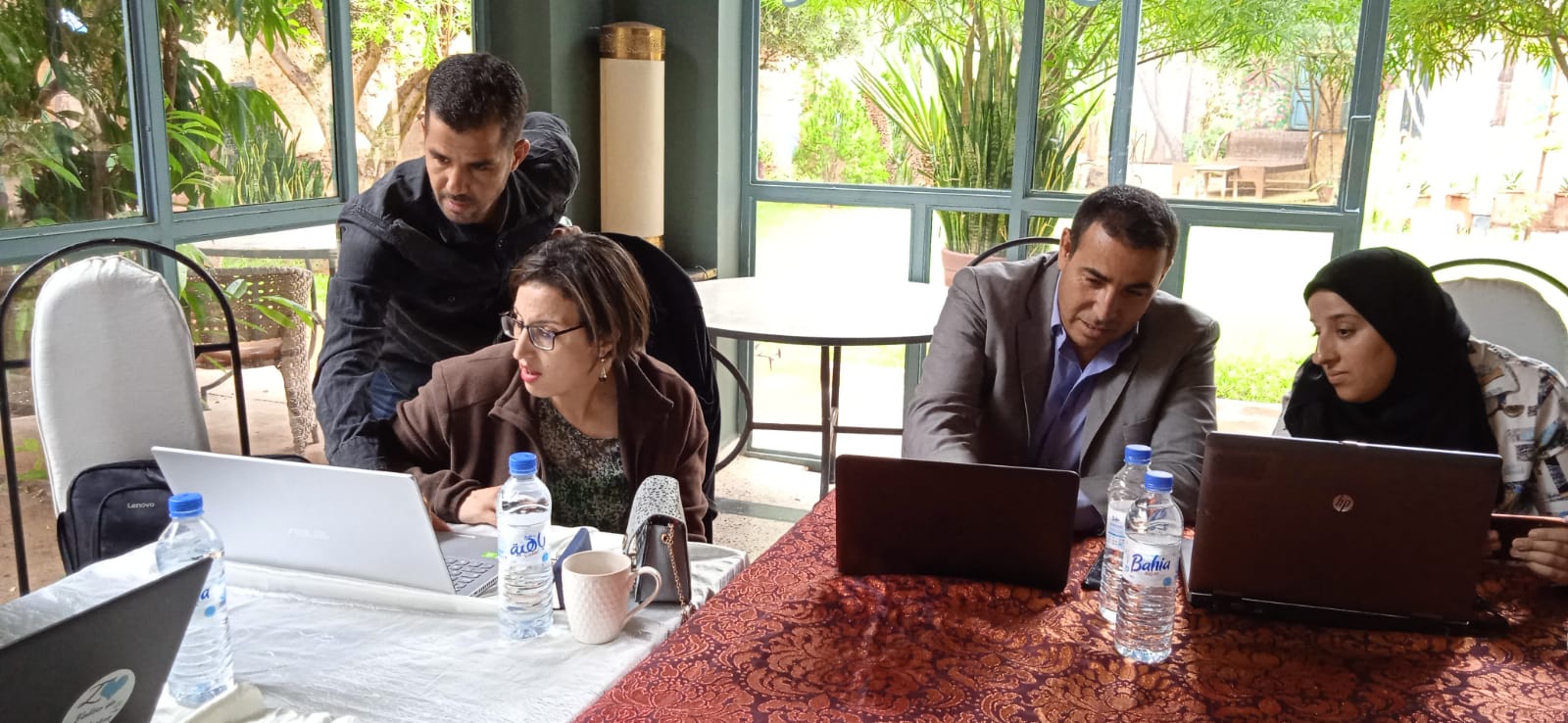
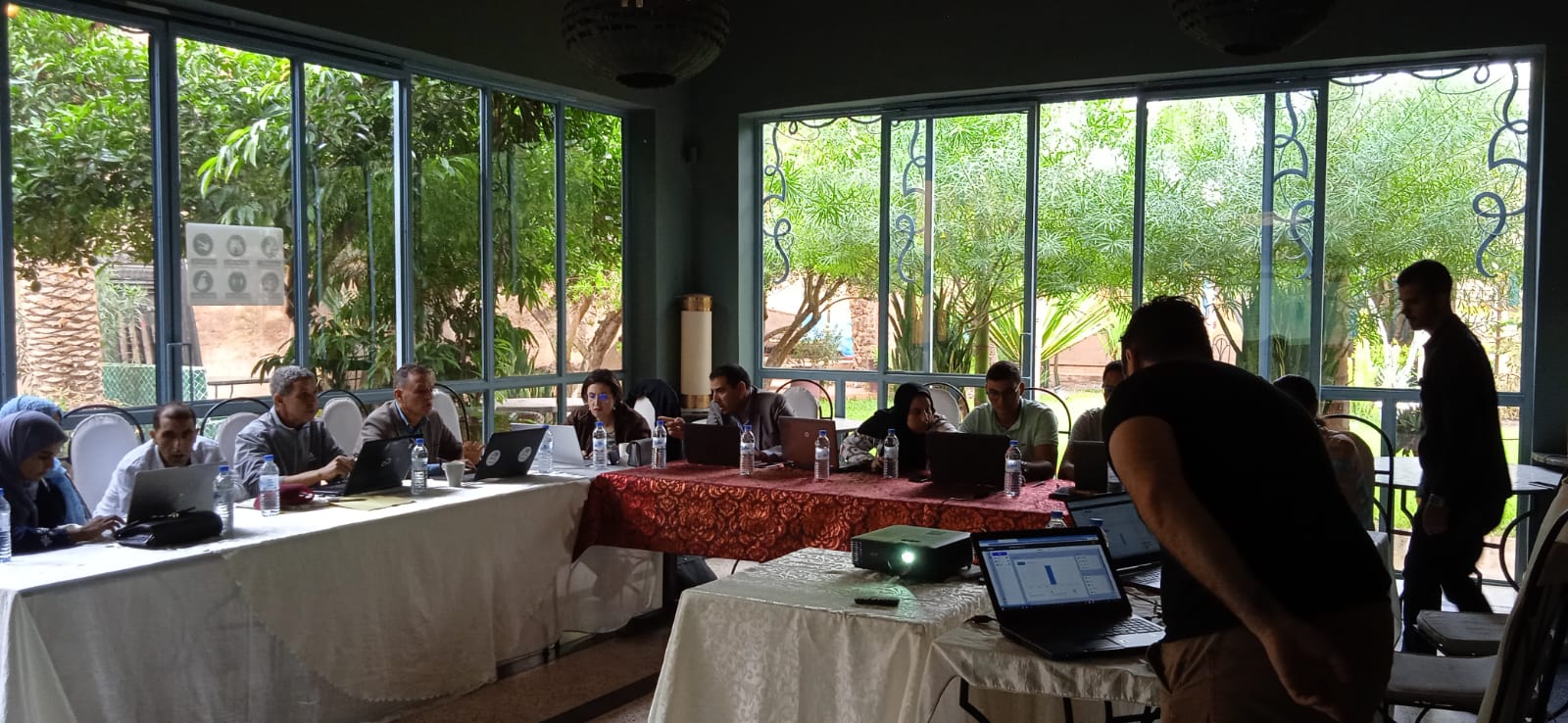
Amazigh participants from many cities and towns in southern Morocco traveled to Taroudant for the 2-day workshop on September 23 & 24, 2022.
On September 24 & 25, thirteen (13) Amazigh gathered with Jamal Maghiouzi (HAF), Abdelkarim Ouguinaz (HAF), and Jared Koller (ASOR) to discuss ways to promote Amazigh cultural contributions to Morocco and the world at large through documentation, research, and outreach. Many of the participants are educators or local officials with the skills needed to communicate effectively about heritage concerns in southern Morocco.
This gathering has propelled enthusiasm among all involved hoping to hold onto the goodwill engendered during the two-day event. ASOR is committed to advancing this goodwill through technical and financial assistance, while participating in the co-production of cultural knowledge in Morocco resulting from training and documentation. Many of the Amazigh who participated in the September workshop are currently developing traveling exhibit proposals that ASOR hopes to highlight in the very near future.
